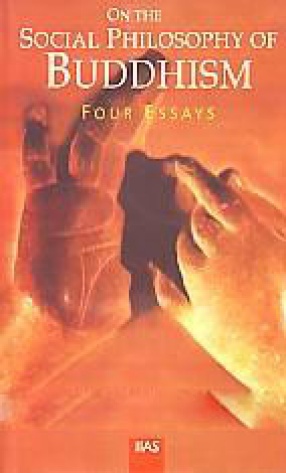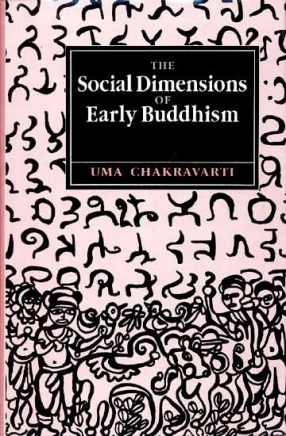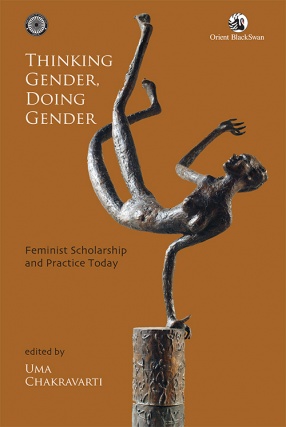This book seeks to examine the various aspects of social philosophy of Buddhism. It explores the humanitarian aspects of what the Buddha thought, how he envisaged the world in which he lived, and the direction of the change he envisioned.
It discusses at length the Buddha’s ideas on inequality, the king as wielder of political power, women’s search for liberation, and the place of compassion in the Buddhist social philosophy, which is marked by a unity of thought in the spheres of economy, society and polity—in contrast to the fragmentary approach of many of the other philosophies expounded by the contemporaries of the Buddha.








There are no reviews yet.